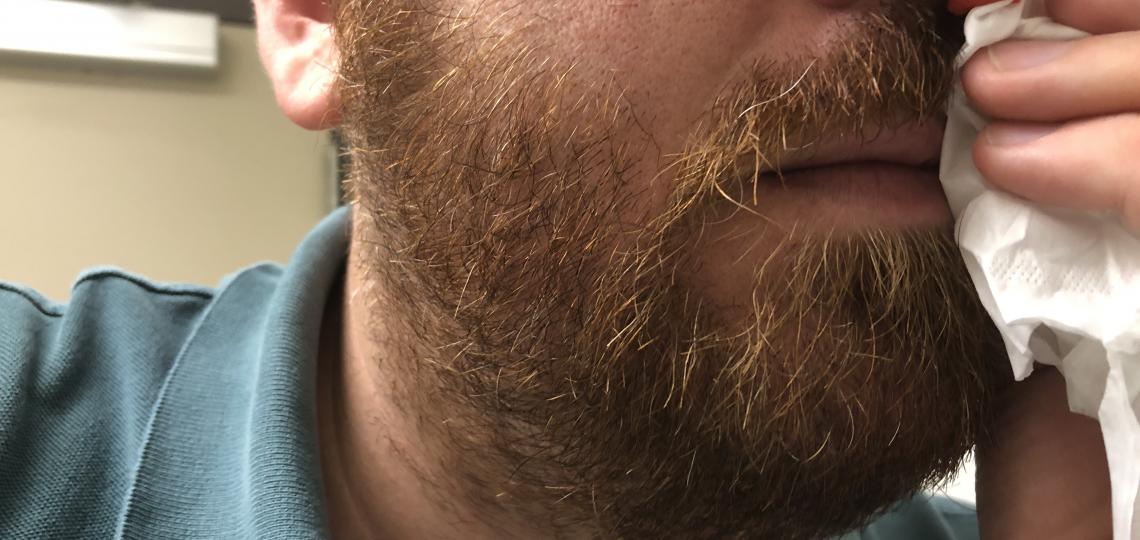Managing frequent nose bleeds

While everyone has their own idea of how to remedy the occasional bloody nose, Dr. Eddie Liou breaks down what is really happening to cause the bleed and how to manage it.

Bloody noses, while incredibly common, are inconvenient and can often be alarming to whoever experiences one. While everyone has their own idea of how to remedy the occasional bloody nose, Baylor College of Medicine’s Dr. Eddie Liou breaks down what is really happening to cause the bleed and how to manage it.
“People of all ages experience nose bleeds, and most are caused by simple dryness due to weather or air conditioning, picking the nose or a trauma event, such as a fall or sports injury, or by predisposed conditions like septal deviation or inflammation due to allergies,” said Liou, assistant professor of otolaryngology-head and neck surgery at Baylor. “Though very rare, more serious causes can include growths, tumors or elevated blood pressure. Additionally, older individuals who are on blood thinners may experience more frequent nose bleeds.”
Liou explained that most bleeds happen in the anterior area of the nose, or the cartilaginous portion at the front of the septum.
“The interior lining of the nose can dry out and become brittle and break, much like a chapped lip can split, causing a bleed. Because the blood supply to the nose is so rich, it can take a little longer to subside,” Liou said.
When experiencing a nose bleed, Liou said the best thing to do is to pinch the nostrils together and apply pressure to the flexible, cartilaginous area of the septum, as opposed to the bony bridge of the nose, for about five minutes.
“A common misconception is to pinch the bridge of the nose, but that is not where most bleeds are originating from. People also often ask if they should tilt their head forward or back, which is another misconception. The angle of the head does not have an impact on stopping the bleed, and, conversely, swallowing blood can actually cause nausea,” Liou said.
After applying pressure to stop the bleed, Liou recommends using an over-the-counter decongestant spray, which causes the blood vessels in the lining of the nose to constrict. Moisturize the lining by applying nasal saline followed by petroleum jelly, which can be applied twice a day with a cotton swab.
“If you have a nose bleed lasting longer than an hour, or experience regular nose bleeds over the course of a couple of weeks, it is important to consult your physician, as there might be a bleed in the posterior area of the nose, near the throat, that needs to be cauterized by a doctor,” Liou said.









